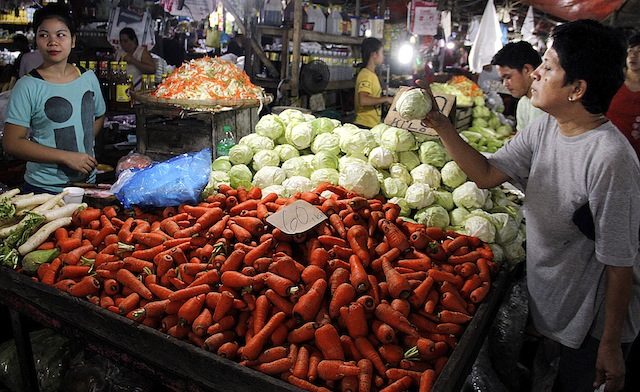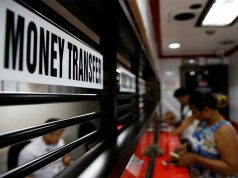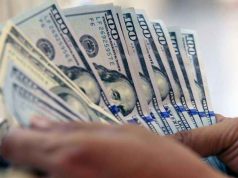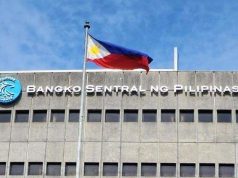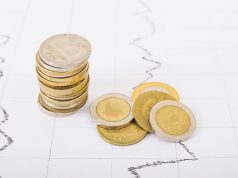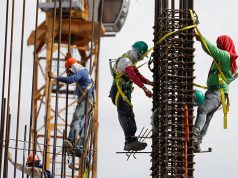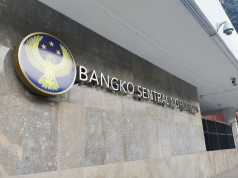MANILA—Philippine annual inflation accelerated in September to its highest in almost a decade, keeping pressure on the central bank to continue raising interest rates although officials say they see signs that inflation may have already peaked.
Inflation in one of Asia’s fastest-growing economies has been rising since January due to higher taxes, costlier food and fuel and a weak peso, prompting the central bank to raise its benchmark rate by 150 basis points since May.
The consumer price index rose 6.7 percent last month from a year earlier, the fastest since February 2009. Inflation stood at 6.4 percent in August.
But the September figure was slightly lower than the 6.8 percent forecast in a Reuters poll of economists and was within the central bank’s forecast range of 6.3 percent to 7.1 percent.
Lisa Grace Bersales, head of the statistics agency, told a news briefing that the impact of super-typhoon Mangkhut, which destroyed rice crops and caused deadly landslides last month, was reflected in the latest inflation data.
However, core inflation, which strips out volatile food and fuel items, slowed to 4.7 percent in September from 4.8 percent the previous month.
“Barring unforeseen events in the last quarter of the year, we could have seen the peak of inflation in recent period and initial signs of a disinflationary trend through 2020,” Bangko Sentral ng Pilipinas officer-in-charge Diwa Guinigundo told reporters in a text message.
The government’s economic managers were also optimistic that the growth in consumer prices would ease ahead.
“These clear signs of easing boost our confidence that inflation will taper off by year-end and go back to our target range by early next year,” a joint statement from the ministries of finance, economic planning and budget said.
The Bangko Sentral ng Pilipinas (BSP), which has two more policy meetings this year, has said inflation should peak in the third quarter and return to within its 2-4 percent target next year.
The latest inflation number suggests it “is close to or has peaked for the year,” said ING Bank economist Nicholas Mapa. Expectations that the Philippines will see rice imports arrive in coming weeks to boost stocks should ease pressure on food prices, he said.
“This diminishes to some extent the likelihood of a 25 bps rate hike in November, as BSP keeps the powder dry for further action, if warranted, should the peso continue to slide,” Mapa said.
The Philippine peso was trading near a 13-year low at 54.25 to the U.S. dollar at 0319 GMT and the main equity index was marginally lower.
—Story by Karen Lema and Neil Jerome Morales, additional reporting by Enrico dela Cruz Writing by Manolo Serapio Jr. Editing by Eric Meijer

